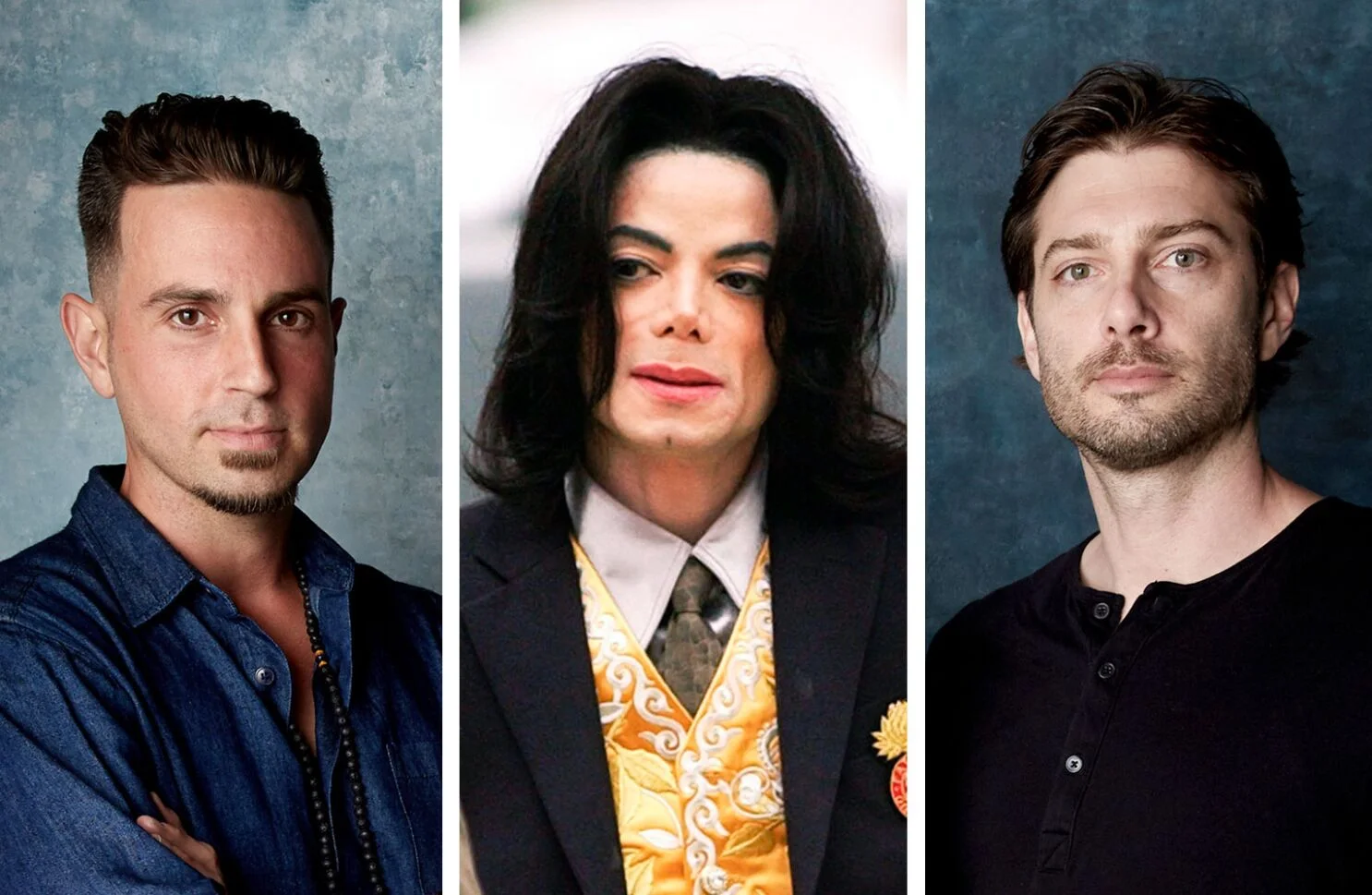A recent judicial ruling has rekindled the legal saga surrounding Wade Robson and James Safechuck, as they are now permitted to reinvigorate their lawsuit against entities linked to the late pop legend, Michael Jackson. The two accusers, who assert enduring childhood sexual abuse by Jackson, have gained the court’s approval to proceed with their legal action, alleging that Jackson’s companies held a responsibility to protect them during their formative years.
Wade Robson and James Safechuck, whose claims gained international recognition through the 2019 documentary “Leaving Neverland,” have been granted a legal pathway to pursue their lawsuit against entities associated with Michael Jackson. Their allegations pivot around purported abuse endured during the late 1980s and early 1990s while residing at Jackson’s iconic Neverland ranch. Significantly, it should be noted that Jackson’s legal team continues to vehemently deny the allegations.
The seismic allegations spotlighted in the documentary “Leaving Neverland” triggered fervent discussions and ignited a fierce legal battle. The documentary’s portrayal of their experiences elicited public dialogue, while Jackson’s family countered by branding the production a “public lynching” that sought to tarnish the late artist’s legacy.
In 2020, a Los Angeles judge dismissed James Safechuck’s lawsuit against the corporate entities connected to Jackson. The rationale rested on the contention that these companies did not bear an obligatory duty of care toward Safechuck. In a parallel fashion, the judge delivered a similar ruling in Wade Robson’s case a year later.
The legal narrative took a surprising turn when a California appeals court challenged the earlier judicial pronouncements. The appeals court emphatically underscored that a corporation implicated in enabling child abuse by an employee could not evade accountability for safeguarding the victims, regardless of the owner’s sole proprietorship. The court’s ruling accentuated the peril of neglecting this duty, illustrating the fallacy of absolving a corporate defendant from responsibility due to sole ownership.
Consequently, the appeals court’s determination invalidated the prior judgments that favored the corporate entities linked to Michael Jackson. This landmark decision reopens the door for Robson and Safechuck to intensify their legal claims, paving the way for an extensive reevaluation of the entities’ responsibilities.
The recent legal ruling injects fresh momentum into the protracted legal contest waged by Wade Robson and James Safechuck. Their pursuit of justice for the alleged childhood abuses they suffered finds renewed vigor, with the appeals court’s intervention underscoring the crucial examination of the obligations held by the corporations entwined with Michael Jackson’s legacy. The ongoing courtroom drama serves as a testament to the complexities of seeking redress for past wrongs in the face of formidable legal challenges.




